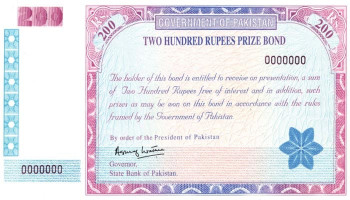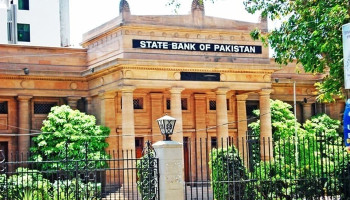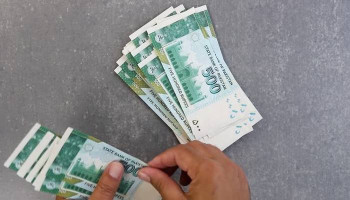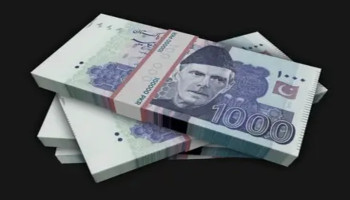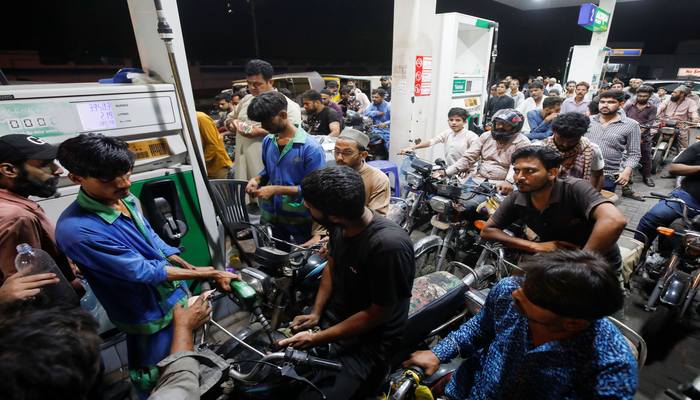
Despite the fast-growing inflation and citizens' dropping buying power, the government seems to have dropped an additional bomb in the budget for the fiscal year 2025-26 in the form of a carbon levy of Rs2.5 per litre on petrol and diesel.
This newly introduced levy is likely to directly affect fuel prices in the country.
That said, furnace oil in Pakistan will be imposed with a carbon levy of Rs2,665 per million tons. These levies are part of the government's strategy to enhance regulatory control and promote environmental responsibility.
It was also reported that a cargo tracking system will be implemented to tackle smuggling in the fuel and transport sectors, in a bid to ensure regulatory compliance.
Although the introduction of the carbon levy on petroleum products will lead to an uptick in fuel costs and impact consumers and industries reliant on transportation and energy, the budget also includes some notable reductions in regulatory duties on everyday products and food items, ranging from 2% to 5%, which are expected to lower prices on various goods.
This reduction will make various imported items, including everyday products and food items, more affordable.
Following the budget's implementation, it is estimated that the cut in import duties will reduce prices of over 600 food and beverage products.





